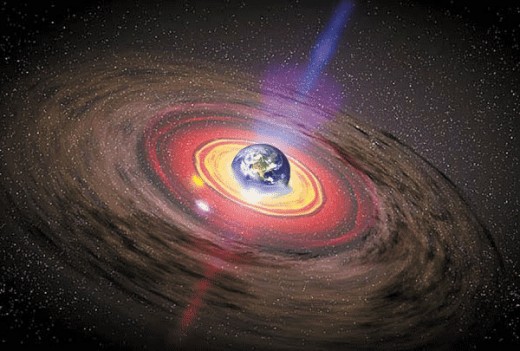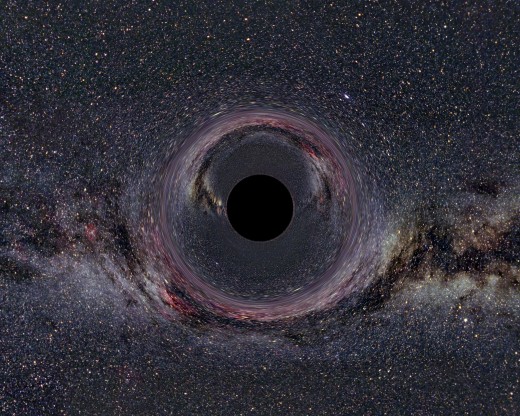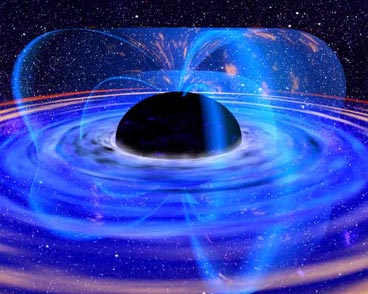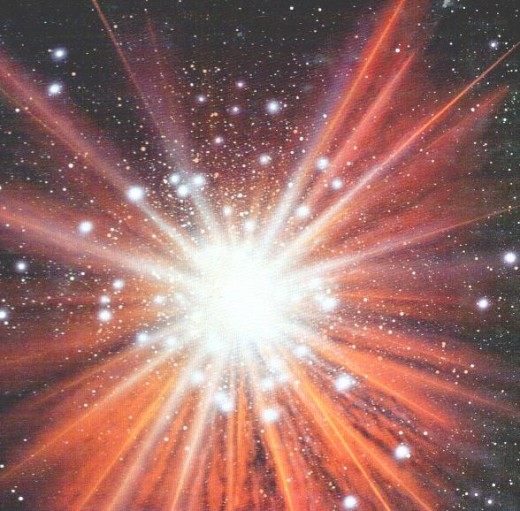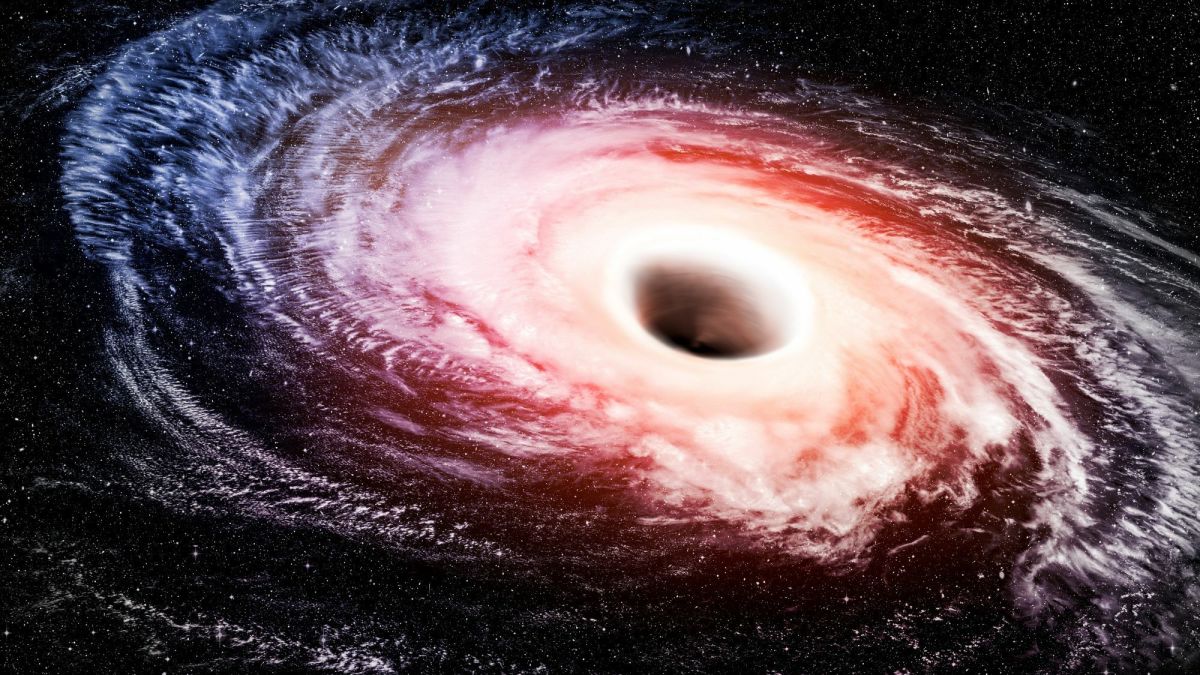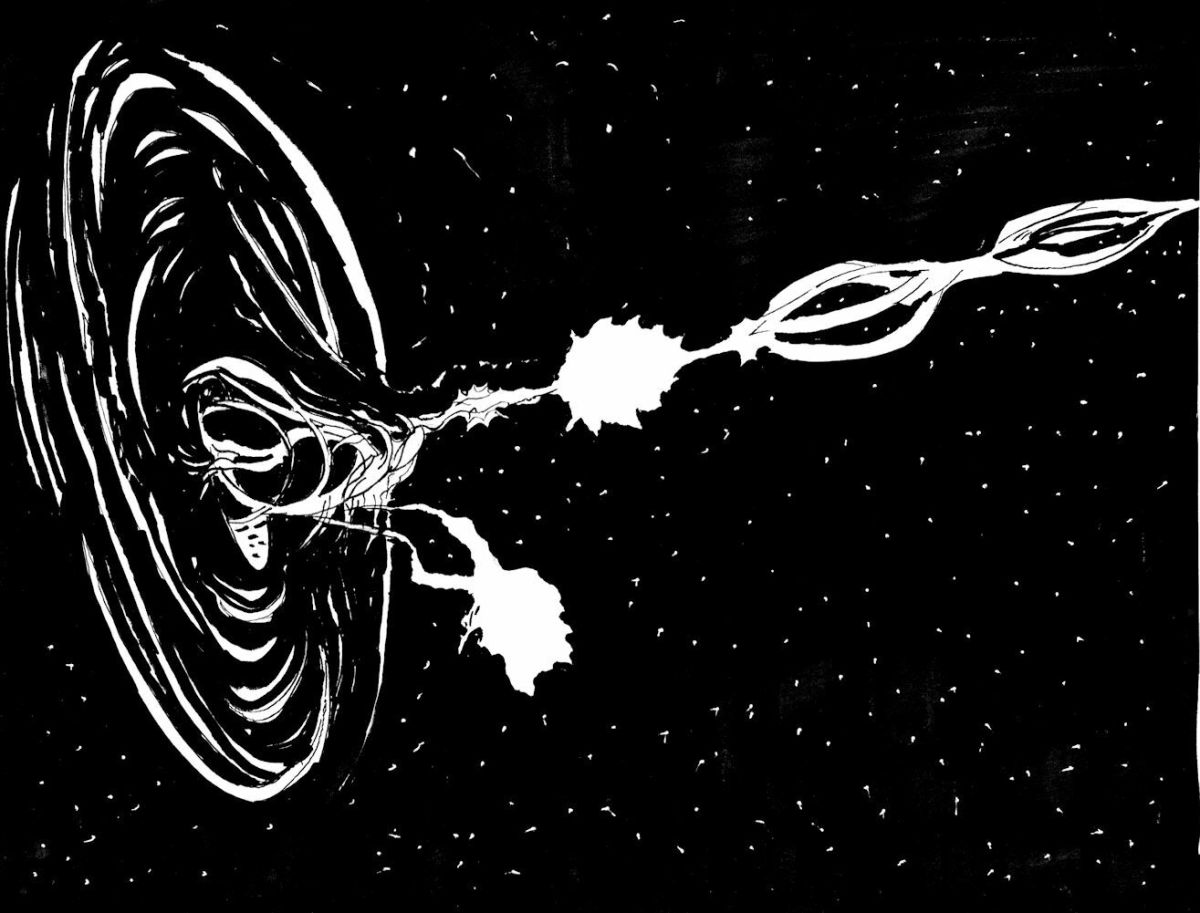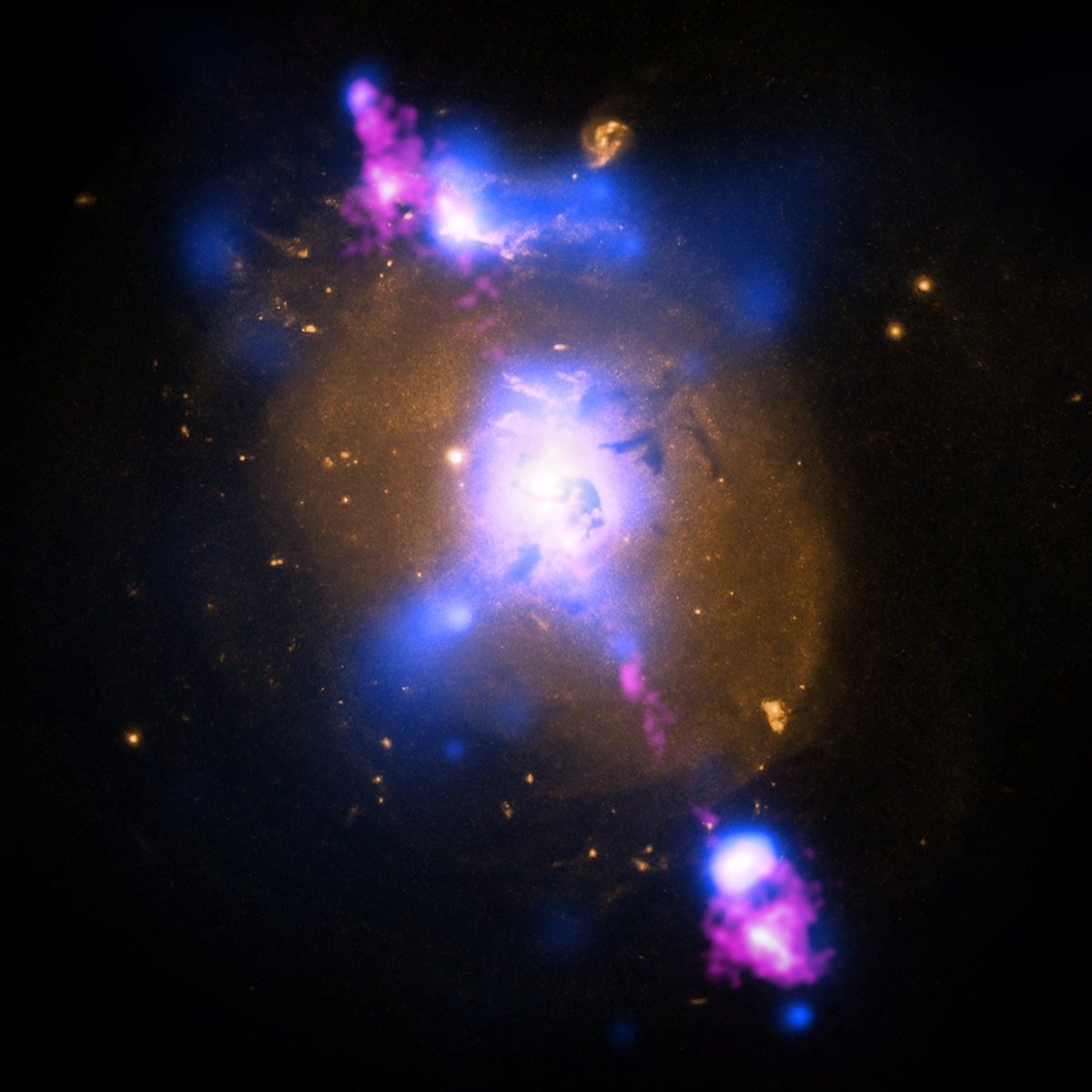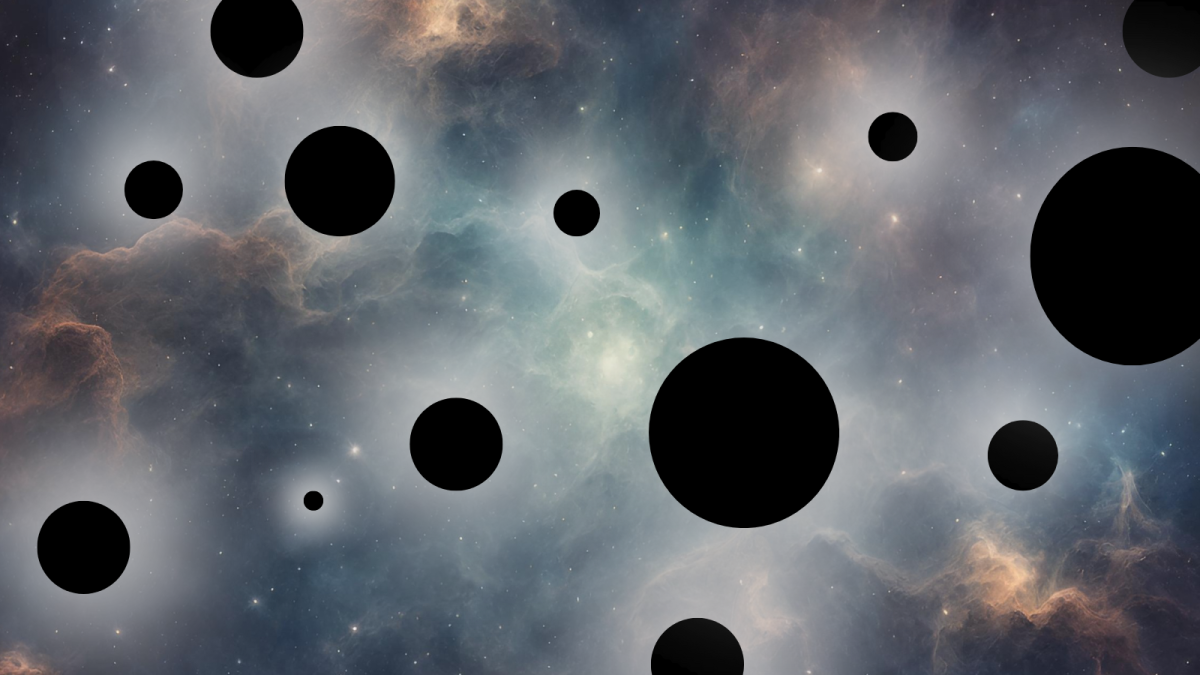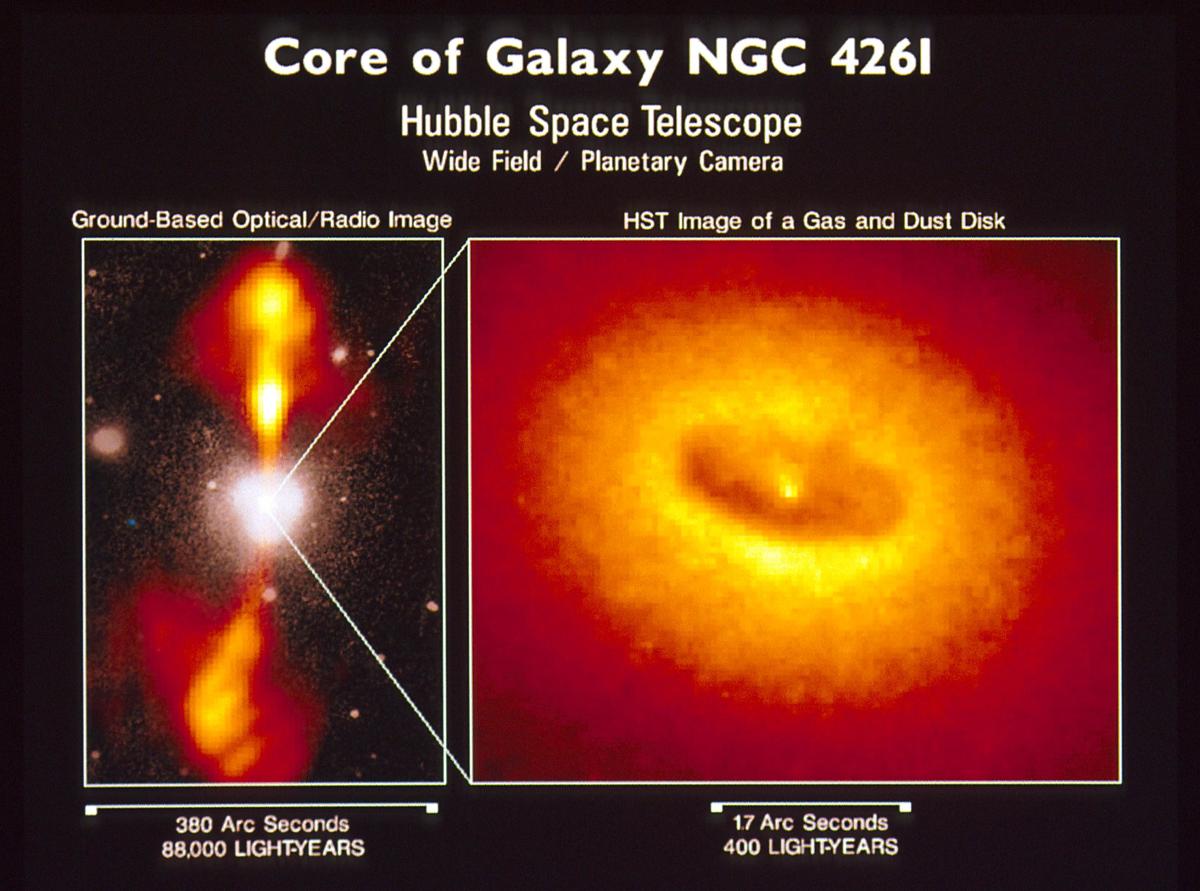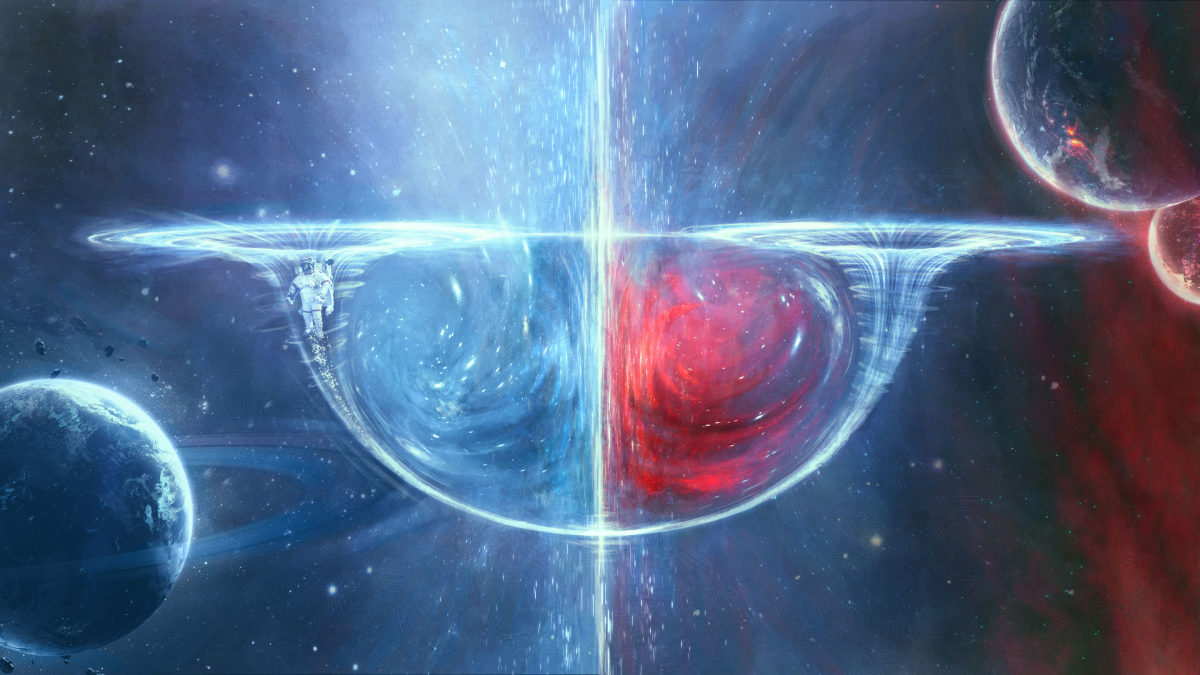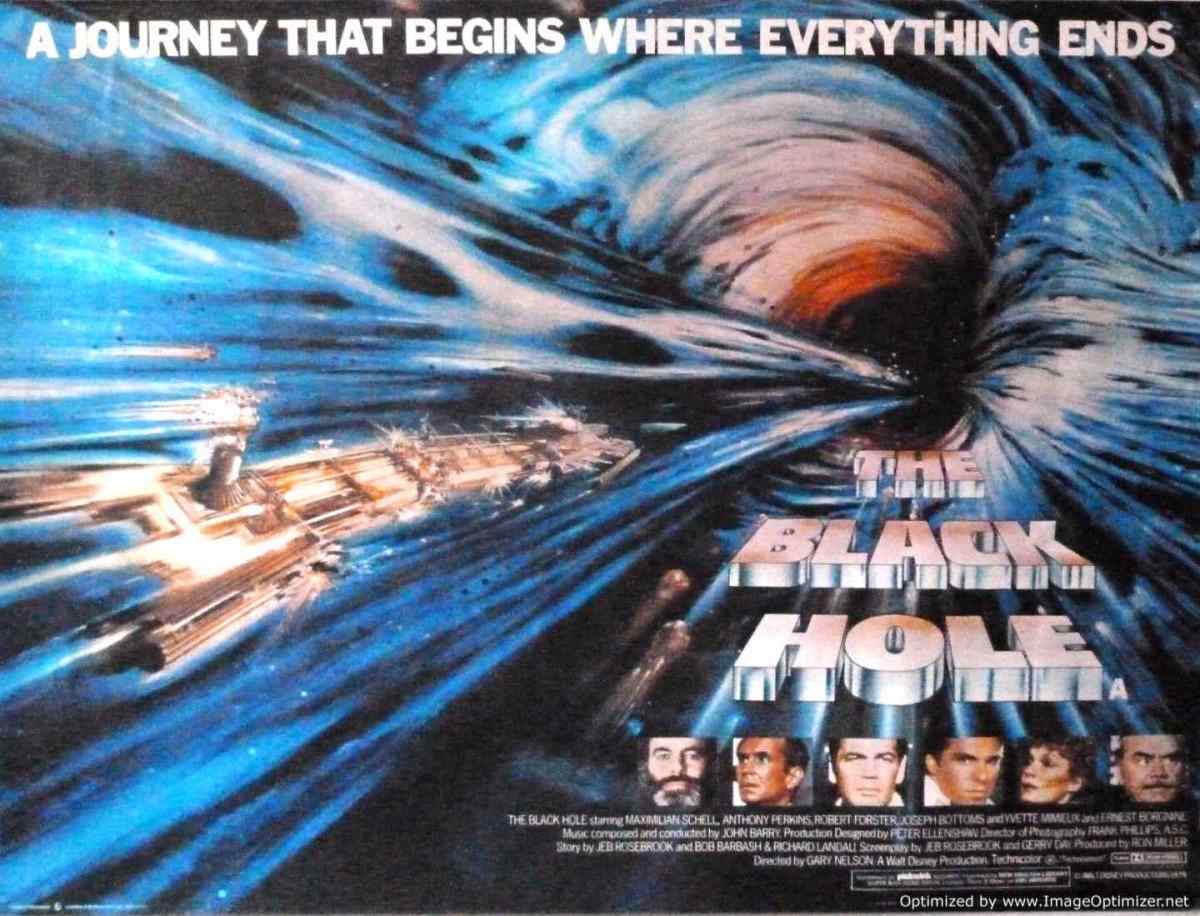Was there a black hole before the big bang?
As we already know, black holes are no big deal in our universe. On the other side of the black hole is a white hole, also known as universe. Our universe itself was a white hole to begin with.
The "space time" that is created at the very first moment of the white hole universe is unknown. It was probably matter spread uniformly across infinite space. They got clumped in various places over a period of time due to cooling effects and the minute aberrations in the original "big bang". Portions got dense enough to be a black hole. It is now known that black holes like to suck everything into it, but it misses out on a "flat disc" area, which happens to be the spiral shape of the galaxy. (Almost as if black holes have a blind spot from where they cannot suck in matter) So every black hole "creates" a galaxy. Since a black hole runs out of matter to capture and cannot capture the blind spot (probably even repels the blind spot), the galaxy expands.
Of course, on the other side of the black hole is the white hole where all the sucked up matter has ended up. It would be quite a substantial amount on the "white hole side" to begin a new universe; the leftover amount on the "black hole side" is what we call a galaxy. It also explains the enormous amount of empty spaces in our universe.
It is difficult to imagine the white hole, primarily because it does not stay in that state for long. Our universe started out as a white hole; it in turn had black holes of it's own; there were new universes created on the other side along with those black holes.
Black holes have a life of their own too. As they run out of "matter to capture", they undergo their own decay. The reason there is always a black hole at the center of the galaxy is that it was the reason for galaxy creation in the first place.
Space-time is complex to imagine; you have to imagine at least one more dimension, a fourth dimension. Whatever goes into a black hole has access to this fourth dimension; it eventually shows up as a while hole on a different space time scale.
You can think of this as a fractal recursion in four dimensions. Each black hole is the endpoint where a new 3D universe emerges. However, it is not a perfect fractal; this is because our universe has billions of black holes. The other side of a supermassive black hole (in a 4 dimensional sense) will be a massive 3D universe. A small black hole will probably have a more limited universe (I do not want to use the word finite, I guess all 3D universes will be infinite. Any boundaries, if they exist are probably in the 4th dimension or maybe an even higher dimension).
If we consider time a fourth dimension, I believe black hole gets access to at least one more dimension. It is not a permanent connection. Once the black hole starts running out of matter to absorb, it cannot communicate with this other dimension. If the black hole becomes active again (during galaxy collisions), it will get access to a different space time and not the same space time that it had access to during the instance of the original black hole creation.
Since black hole loses connection with the other side, the big bang is a mystery to us; the other side is long gone.
http://hubblesite.org/explore_astronomy/black_holes/
Go to the above site for an excellent interactive presentation of black holes. Read the answer to the question "What is inside a black hole?". There is already speculation that there is another universe inside a black hole and it is "allowed" under Einstein's theories related to relativity.
If you tie the big bang universe arising out of an imaginary point and the black hole disappearing into an actual point, it is obvious. (Of course a rigorous scientist won't make this jump, but they will be making this jump pretty quick as more data gets accumulated. So remember where you read this first!) This universe was created by a black hole and in turn has spawned billions of other universes. A universe is nothing but a line on some 5 dimensional axis or a point on some 6 dimensional axis (depending on where you are looking from). Since we can sense only three/four dimensions, these properties of a black hole (and our own universe) are not sensed by us.
More info here:
http://hubblesite.org/explore_astronomy/black_holes/encyc_mod3_q4.html
